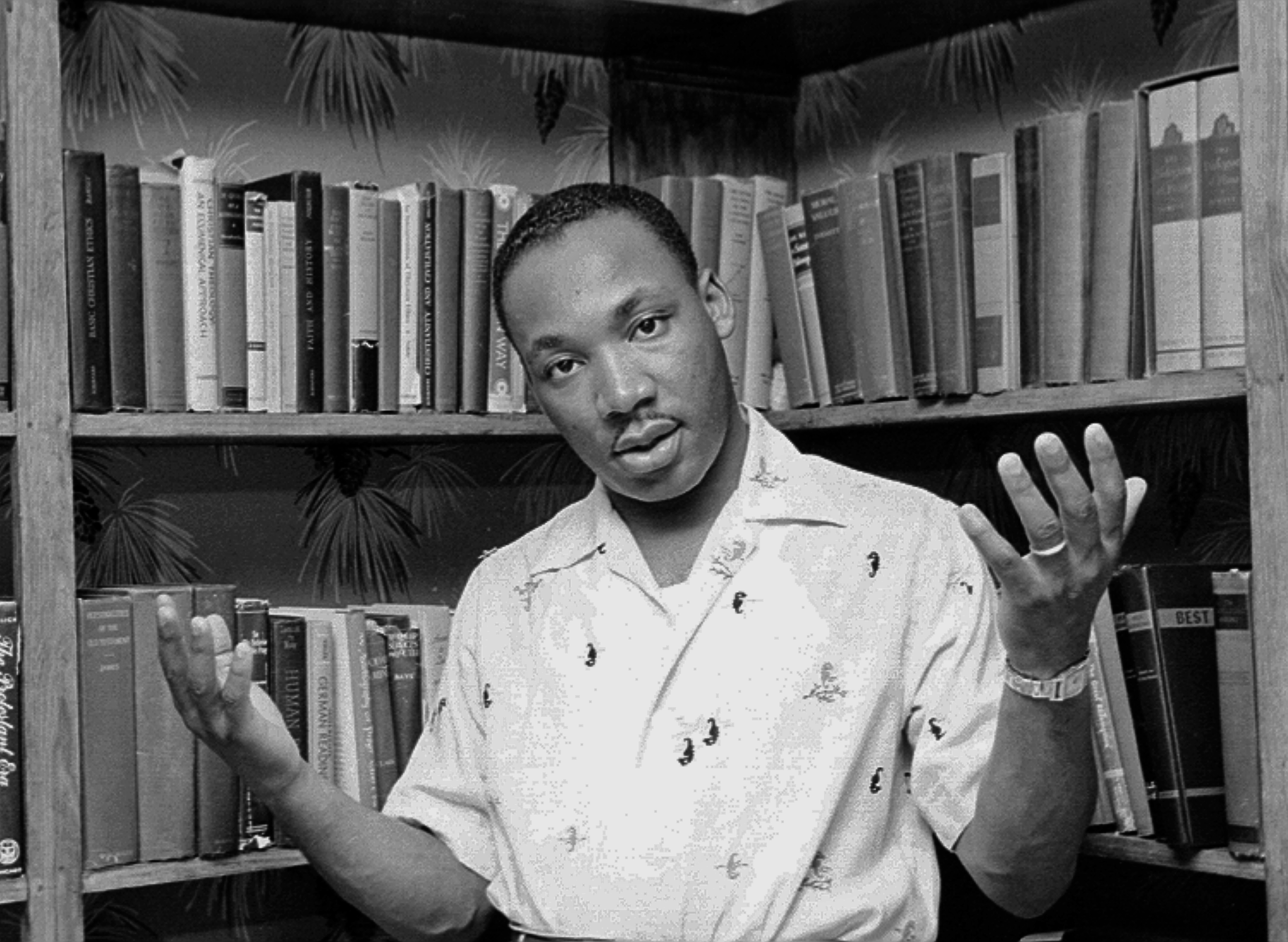

As time progresses, the SCLC turns its attention north to Chicago and towards anti-poverty activism, focusing on the connection between economic poverty and racial inequality. However, King remains deeply committed to nonviolence as the SCLC organizes marches and sit-ins in Selma, Birmingham and across Mississippi. This leads to the increasing prominence of Malcolm X and the Black Power movement generally. Often the strategy of nonviolence is successful, but as time wears on and young blacks became more confident in their ability to bring about social change, many want to fight racist whites with violence. King travels to India to learn more about Ghandi, to Ghana to witness their independence from Britain and to Oslo, Norway to receive the Nobel Peace Prize.

The agitation of the civil rights movement leads to the 1964 Civil Rights Act and the 1965 Voting Rights Act which end legal discrimination against blacks and secure black voting rights respectively. The new Southern Christian Leadership Council (SCLC) organizes civil rights struggles across the country. King's fame increases and he travels the world. The Montgomery movement leads to the desegregation of busing all over the South after King and his allies run a successful, extended bus boycott. After Rosa Parks's arrest, the Montgomery movement begins in earnest and leads to an expanding civil rights movement all over the south. King quickly becomes a major figure in the NAACP in Montgomery and the struggle for racial equality there. King becomes pastor at Dexter Avenue Baptist Church in Montgomery, Alabama. They will eventually have four children together she is his constant ally in the struggle for racial equality and social justice. King receives his PhD from Boston University after going to seminary at Crozer and marries Coretta Scott. He was particularly influenced by the works of Mahatma Ghandi, and became an ardent adherent of Ghandi's philosophy of nonviolence resistance to injustice. King came to realize that his commitment to follow Jesus Christ required fighting for social justice, particularly for racial equality. In college, King discovered social and political philosophy, along with theological liberalism. He lived well for a black person at the time and often thought deeply about religious issues, struggling with his Christian faith on many occasions.

Much of his early life was spent in church and experiencing the injustices of segregation in the Atlanta, George of the 1930s and early 1940s. King was born in the late 1920s to a long line of ministers. Instead, the manager of his papers, Clayborne Carson, reconstructed an autobiography from King's autobiographical sketches, notes and speeches. King never wrote an official autobiography. The famed civil rights leader was also a preacher, philosopher, and orator. Martin Luther King, Jr.'s autobiography is the story of one of the great social and political figures of the twentieth century.


 0 kommentar(er)
0 kommentar(er)
